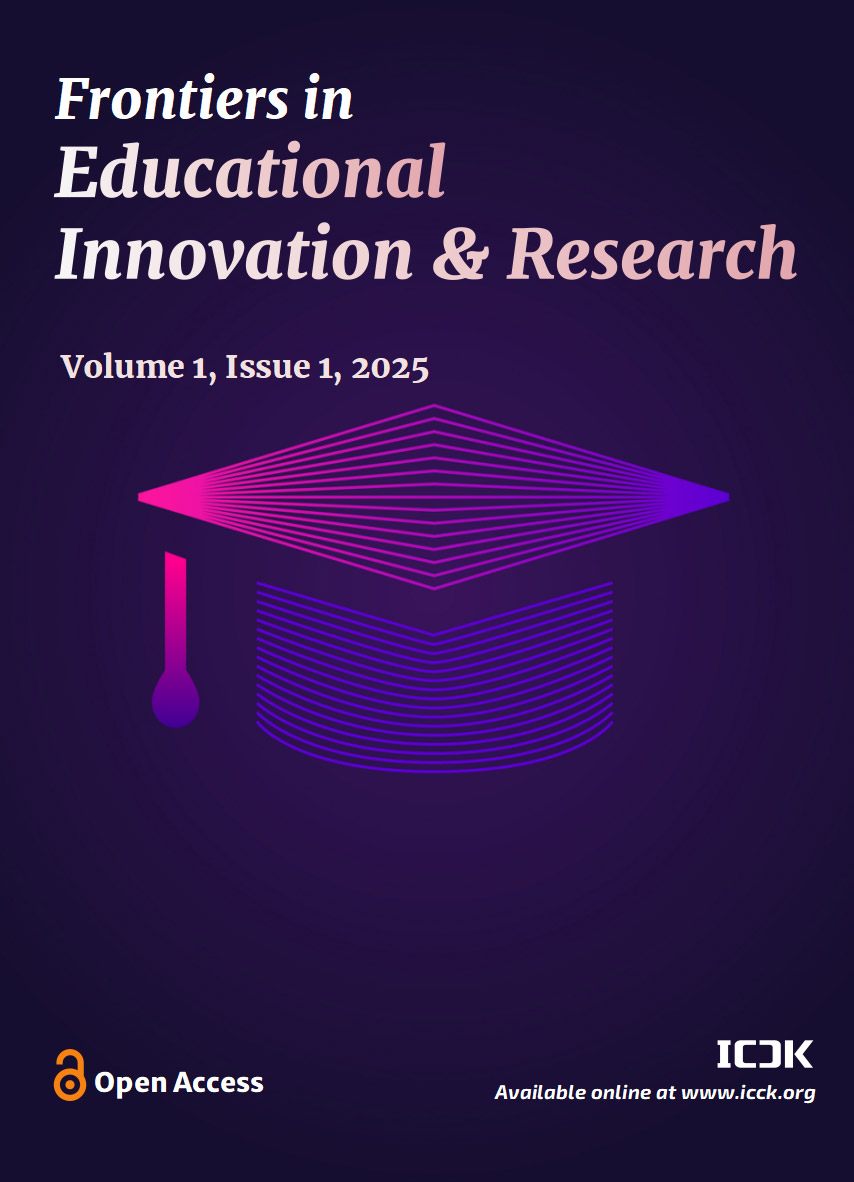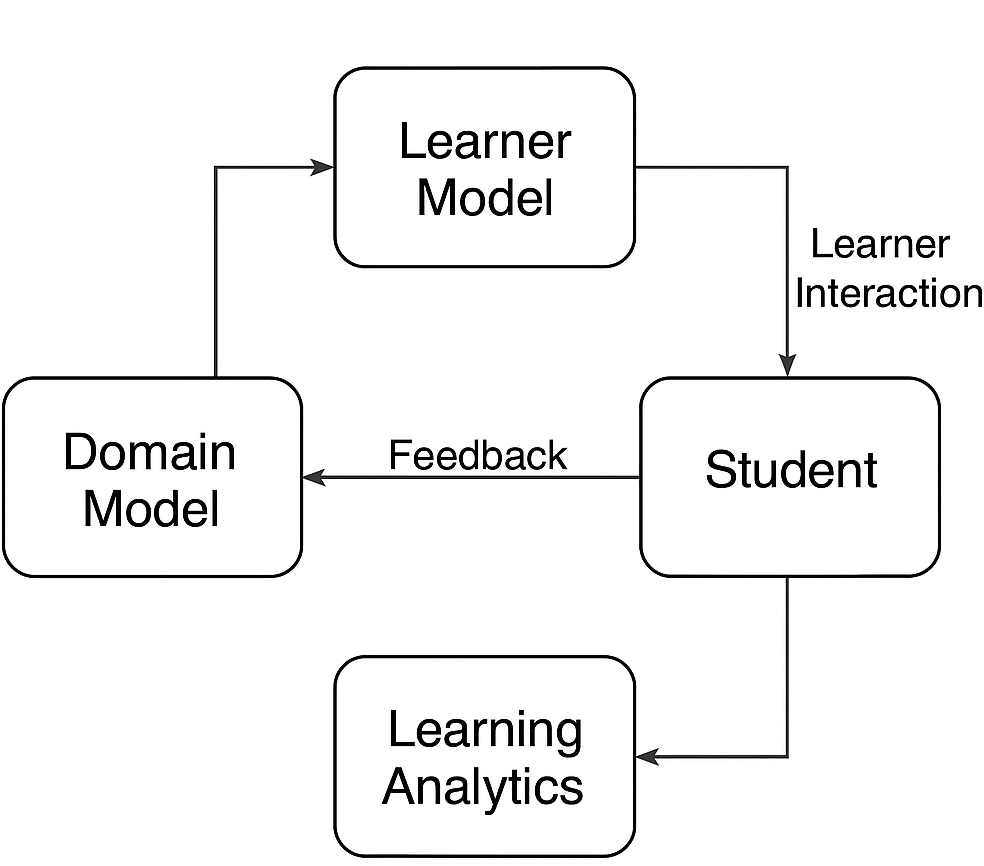Abstract
Artificial Intelligence (AI) is revolutionizing education by enabling personalized learning experiences and intelligent tutoring systems (ITS). This paper examines how AI-driven technologies are transforming modern educational practices through adaptive learning, real-time feedback, and data-driven curriculum design enhanced by learning analytics. By analyzing various AI-powered platforms, this study explores their role in enhancing student engagement, improving accessibility, and optimizing educator efficiency. Furthermore, it addresses the ethical considerations surrounding AI adoption, including data privacy, algorithmic bias, and the necessity for human oversight. While AI presents unprecedented opportunities for personalized education, its successful implementation requires responsible and thoughtful integration to ensure fairness, inclusivity, and long-term effective learning outcomes. This research highlights key benefits, challenges, and future prospects of AI in education, advocating for policies that foster ethical AI deployment to create an equitable and learner-centric educational landscape.
Keywords
AI in Education
personalized learning
intelligent tutoring systems
adaptive learning
learning analytics
AI ethics in education
data privacy in AI
algorithmic bias in education
AI for special needs
future of education technology
Data Availability Statement
Data will be made available on request.
Funding
This work was supported without any funding.
Conflicts of Interest
Prudhvi Naayini is an employee of JPMorgan Chase & Co, New York, United States.
Ethical Approval and Consent to Participate
Not applicable.
Cite This Article
APA Style
Naayini, P. (2025). AI and the Future of Education: Advancing Personalized Learning and Intelligent Tutoring Systems. Frontiers in Educational Innovation and Research, 1(1), 29–39. https://doi.org/10.62762/FEIR.2025.332098
Publisher's Note
ICCK stays neutral with regard to jurisdictional claims in published maps and institutional affiliations.
Rights and permissions

Copyright © 2025 by the Author(s). Published by Institute of Central Computation and Knowledge. This article is an open access article distributed under the terms and conditions of the Creative Commons Attribution (CC BY) license (
https://creativecommons.org/licenses/by/4.0/), which permits use, sharing, adaptation, distribution and reproduction in any medium or format, as long as you give appropriate credit to the original author(s) and the source, provide a link to the Creative Commons licence, and indicate if changes were made.


 Submit Manuscript
Edit a Special Issue
Submit Manuscript
Edit a Special Issue

 Copyright © 2025 by the Author(s). Published by Institute of Central Computation and Knowledge. This article is an open access article distributed under the terms and conditions of the Creative Commons Attribution (CC BY) license (https://creativecommons.org/licenses/by/4.0/), which permits use, sharing, adaptation, distribution and reproduction in any medium or format, as long as you give appropriate credit to the original author(s) and the source, provide a link to the Creative Commons licence, and indicate if changes were made.
Copyright © 2025 by the Author(s). Published by Institute of Central Computation and Knowledge. This article is an open access article distributed under the terms and conditions of the Creative Commons Attribution (CC BY) license (https://creativecommons.org/licenses/by/4.0/), which permits use, sharing, adaptation, distribution and reproduction in any medium or format, as long as you give appropriate credit to the original author(s) and the source, provide a link to the Creative Commons licence, and indicate if changes were made. 